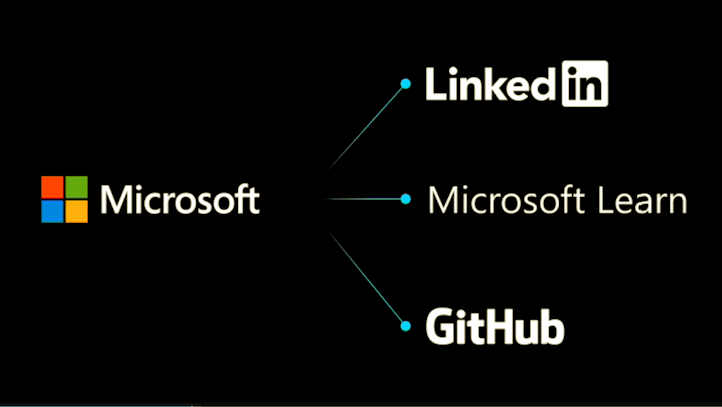
Job markets in Sri Lanka today are arguably different to what they might have been like had COVID-19 never happened. As the pandemic set in a ‘new normal’ of constant sanitisation, social distancing, and working from home, it accelerated an already growing trend among businesses and industries towards digitalisation.
What’s more, experts agree that, like the virus itself, the changes brought about during this ‘new normal’ are likely here to stay. To keep up, much of Sri Lanka’s workforce is now being challenged to learn new skills as well as build on existing ones to stay employable and in demand.
The future is digital
At the start of 2020, the World Economic Forum made some eye-opening predictions about the global job market going forward. As jobs continue to be transformed by technologies of the fourth industrial revolution, the Forum estimated that at least two out of three employers today expect a return on investment from reskilling within a year, and over a billion employees may need to reskill by 2030. Even more urgently, over 40% of core skills required to perform existing jobs could change by 2022.
One factor that could help job seekers in Sri Lanka secure employment in a post-pandemic economy is digital literacy. While many countries had already recognised digital transformation as the way forward, the pandemic created an even greater sense of urgency to speed things up. As social distancing and quarantine curfews restricted our normal way of life, we began to rely more and more on digital platforms and technologies to get things done.

Sri Lanka’s digital literacy rate has lately been on the rise, from 42% in 2018 to 46% in 2019, and 49.5% by the first half of 2020. But now, an initiative by Microsoft may help increase that number even further.
A solution from Microsoft
The Microsoft Global Skills Initiative is one resource that could aid those with a need to upgrade their digital skills. According to Microsoft, this unique global philanthropic initiative was developed specifically “to help those impacted by COVID-19 gain the skills needed for in-demand roles in a more digital economy”.
Microsoft’s initial hope, since launching this initiative in mid-2020, was to benefit 25 million jobseekers by the end of the year. Their approach combines their own new and existing resources with those from LinkedIn and GitHub to form a comprehensive range of data-driven learning courses that are available free of charge.

After conducting a worldwide study and working with marginalised communities in Sri Lanka to increase access to the Global Skills Initiative, Microsoft identified 10 job roles that are in demand globally and also accessible through the resources offered by their initiative.
- Customer Service Specialist
- Data Analyst
- Digital Marketing Specialist
- Financial Analyst
- Graphic Designer
- IT Support/Help Desk Technician
- IT Administrator
- Project Manager
- Sales Representative
- Software Developer
Microsoft’s learning paths for each of these roles cover a broad range of skills, from entry-level digital literacy to advanced product-based skilling for technology roles, aimed at maximising opportunities for people looking to reskill and upskill. As such, jobseekers pursuing these roles using the Global Skills Initiative will be able to access LinkedIn Learning’s library of collaborative courses, taught exclusively by industry experts, and demonstrate their learning with a certificate of completion.
Additionally, jobseekers looking towards highly technical roles, such as Software Developer, IT Administrator, and Data Analyst, will receive in-depth technical learning content from Microsoft Learn.
By the end of March 2021, the Microsoft Global Skills Initiative had assisted over 30 million people in 249 countries and territories, including 30,000 workers in Sri Lanka.
Microsoft’s ultimate goal with the Microsoft Global Skills Initiative is to assist its wider goal of empowering people and organisations with the knowledge, skills, and opportunities they need to succeed in a digital economy.
For those in Sri Lanka whose jobs have been lost to the COVID-19 pandemic, there is real hope that the acquisition of new knowledge and skills will lead to promising new career opportunities in a post-pandemic economy.
To stand a chance of winning exclusive rewards based on your newly-acquired Azure skills, scan the QR code below and be a part of Microsoft’s APAC Social Learning Challenge.

Note: Microsoft will be extending its free LinkedIn Learning and Microsoft Learn courses and low-cost certifications under the Microsoft Global Skills Initiative to 31st December 2021.








